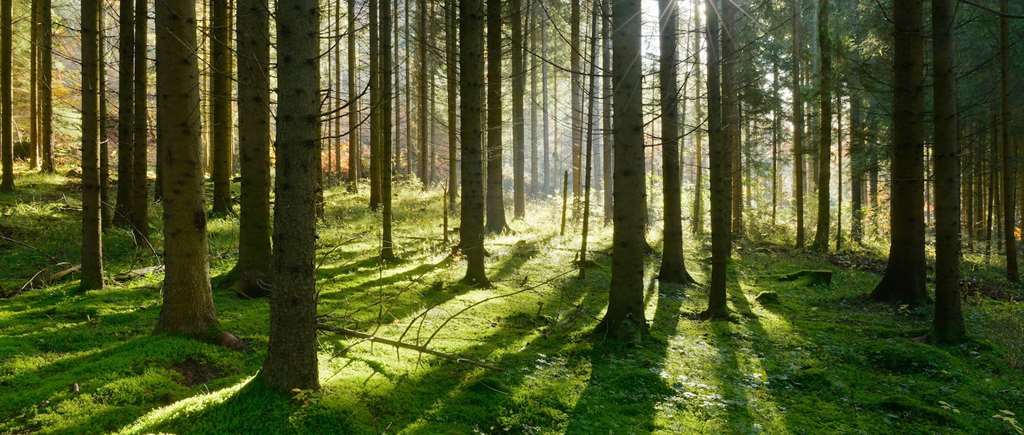Borregaard operates the world’s most advanced biorefinery, and our most important raw material is wood, more specifically, Norway Spruce harvested from certified forests with short transport routes.

Norway Spruce – a unique raw material
Forestry in Norway is among the world’s most sustainable. For every tree that is harvested, multiple new ones are planted. Today, Norway has three times as much forest as it did a hundred years ago. Every year, Norwegian forests which have been meticulously monitored since the 1920s by the Land Resource Surveys, grow by 15 million cubic metres.
Wood is one of the few renewable raw materials that can be produced in large quantity. Trees reduce emissions in more than one way. While trees are growing, they capture and store CO2 from the atmosphere as a step in photosynthesis. As trees grow old and growth significantly decreases, they capture less CO2 and are ready to be harvested to become biomass for sustainable products, which can replace oil-based alternatives. Photosynthesis is nature's own carbon capture and utilisation mechanism.
Wood consists of cellulose, lignin and sugar. At Borregaard, we utilise our unique biorefinery process to separate and transform these components into speciality cellulose and cellulose fibrils, bioethanol, biovanillin and lignin biopolymers. Borregaard utilises about 85% of the raw material to make commercial products. The remainder is used for energy purposes.
Borregaard utilises about 85% of the raw material to make commercial products.
